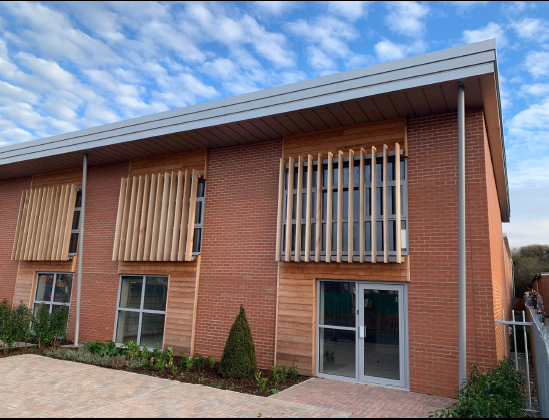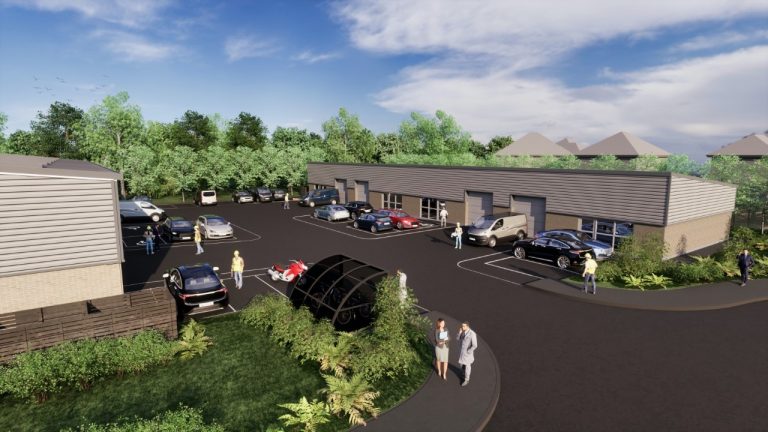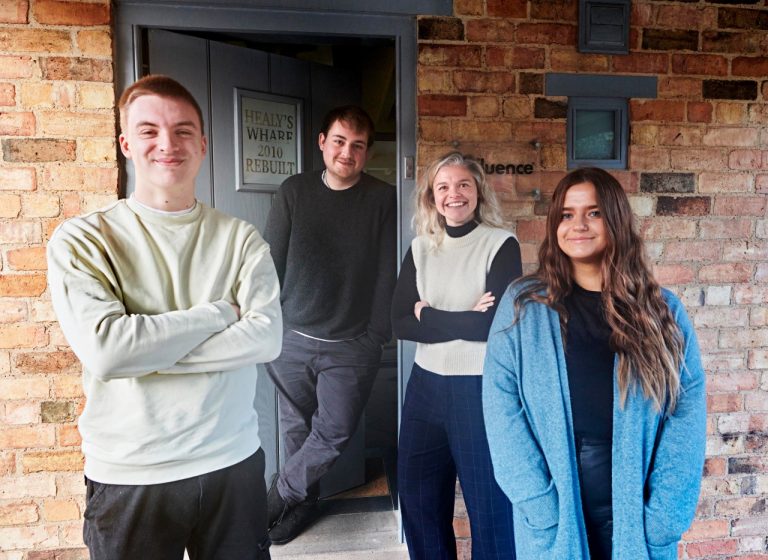Floodgates open as business insolvencies hit 13-year high
Rolls-Royce shares in £113m Government cash to develop ‘guilt-free’ flying
“As the whole world moves to greener forms of aviation, there is a massive opportunity for the UK’s aerospace industry to secure clean, green jobs and growth for decades to come. Together with the companies that share our ambitions, we are determined to seize this moment.”
Transport Secretary Mark Harper said: “The Jet Zero Council is helping to define the future of flying – one that’s more optimistic about the sector’s environmental impact while putting UK innovation at the forefront of international aviation.“As well as developing the next generation of aircraft, it’s also crucial we make the sector greener on the ground, and the call for evidence we’re launching today will help us gather evidence on how airports can reach zero emissions by 2040.”
Final unit sold at Glenfield business start-up development
Fibre infrastructure installation business enters administration
Digital workflow specialist expands the team at Intoware
Land deal to bring forward new Nottinghamshire light industrial scheme
WBR Group expands senior leadership team

Partnership and polarisation key themes for UK real estate in 2023
Four hires for landscape architecture firm
Landscape architecture practice Influence Landscape Planning and Design has bolstered its team with four new appointments, following a 25% business growth last year and a strong pipeline for 2023.
Jake Haywood, Angus Lilburn, and Isabel Stratton all join the East Midlands-based firm as design assistants, while Lydia Reynolds joins as administrative assistant.
Chartered practice Influence provides expertise in project management, environmental planning, feasibility and concept development, master planning and urban design, landscape design, visual impact assessment, expert witness and arboriculture.
The hires come following the significant growth of the company last year, which was due to an influx of projects in the Midlands, London and the North West, and a strategy to work on schemes which align with the wildlife, heritage and regeneration ethos of the practice. Influence is expecting a similar growth trajectory this year.
Managing Director, Sara Boland, said: “It is a pleasure to welcome Angus, Jake, Lydia and Isabel to our team, who join us at an exciting time.
“We invest in young people each year by welcoming year-out students and their talents and ideas have always impressed us, so with this in mind and our increased portfolio, we wanted to permanently expand our junior workforce and nurture them through the business.
“Our new recruits are working alongside myself and the team on landscape design and planning projects. On the technical side they will be producing figures, graphics, assessment work, and assisting seniors when onsite, and on the design side, detailing and producing technical drawing.
“It’s important for us as a practice to broaden people’s knowledge of landscape architecture, and to show the younger generation that it is an integral part of developing projects – the younger that we can engage people, the better.”
After studying for his BArch undergraduate degree, Angus developed an interest in how the natural environment affects psychology. At Influence, Angus will be assisting the senior design team in producing landscape masterplans, details, visualisations, and report writing.
Isabel specialises in landscape management, which is crucial for maintaining landscapes once built. She will be helping Influence expand its services in this area.
Jake joins after completing his A-Levels in product design and geography and will be assisting the team with designing and planning.
Alongside her role at Influence, Lydia is studying a built environment course. She will be assisting on project work, as well as supporting company secretary Ruth Berry.
The new hires will all increase Influence’s ability to deliver projects from pre-planning right through to construction and maintenance.












